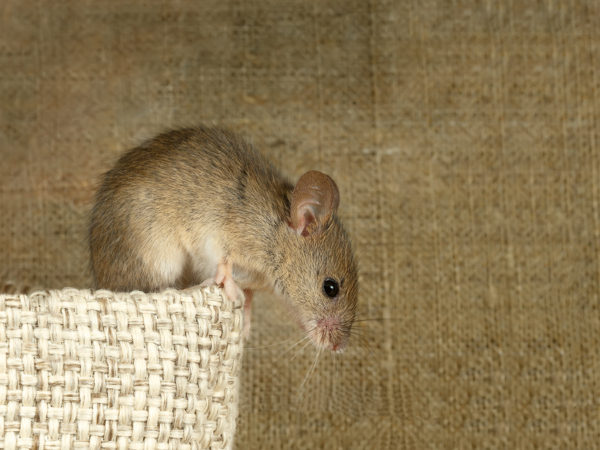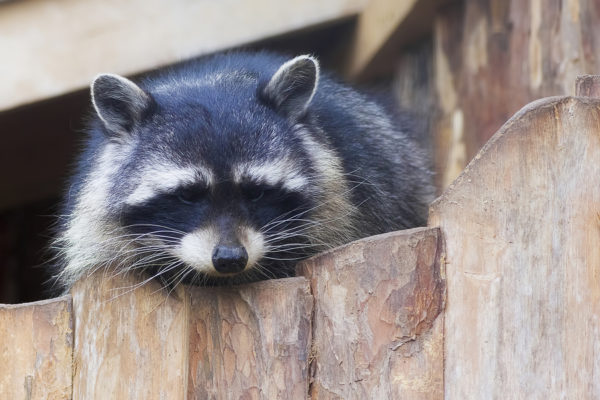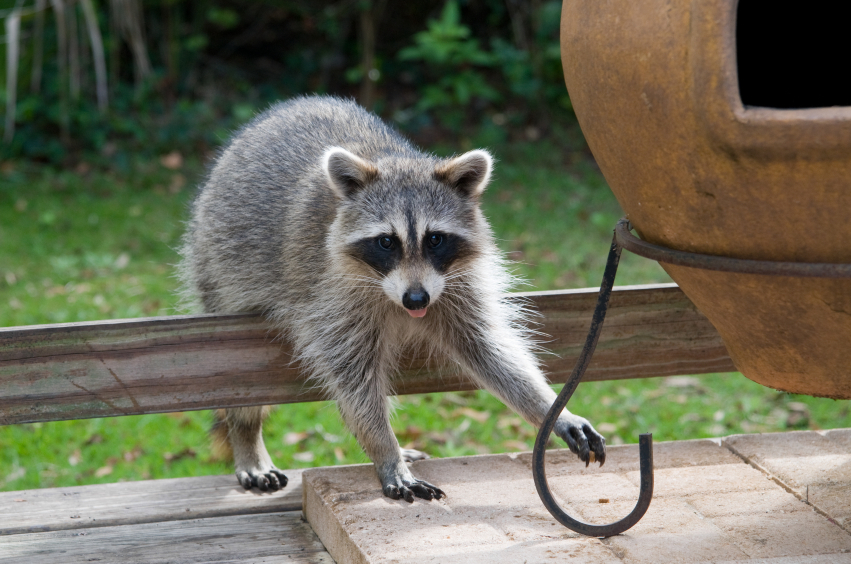READY TO GET STARTED?
REQUEST A FREE ESTIMATE
Fill out the form below or call (888) 466-7849 for a free, no-obligation estimate.

Rodents are one of the most common pests that come into our homes in the winter. Rodents are in search of 3 things – food, water, and shelter – and they can find all 3 of them in and around our homes. Squirrels, raccoons, rats, and mice are some of the most frequently seen rodents in the colder months. Rodents can cause significant damage to property and can also be a big health risk to humans. Prevention is critical in managing and preventing an infestation of rodents. Check out these tips to keep the rodents out this winter:

Most of us have seen a raccoon, whether in person or as a cute, cuddly cartoon character. Unfortunately, these furry animals are not only dangerous to humans, but can cause significant damage and destruction to both your home and your yard. Raccoons are known to carry several bacterial diseases and parasites including rabies, salmonella, and roundworms.
Although raccoons are wild animals, they are becoming more and more common in urban areas as our population grows and their food and shelter sources diminish. They prefer to make their dens in hollowed out trees but these are fewer and far between in urban areas so they are forced to be more creative in their hunt for a home. Raccoons are now more often getting inside OUR homes, especially in the attic in search of shelter and food.
Raccoons are very dexterous animals and can use their hands to open doors, jars, bottles, and latches. They are also excellent climbers. These skills allow them to access our attics much more easily than other animals. But how do you know if you have a raccoon in or around your home? You can look for any of these signs:
Once you have determined there is a raccoon in your attic, how do you get rid of it? While many people prefer to remove raccoons themselves, it’s not recommended. A wildlife removal company can not only safely remove the raccoons, but also clean up any contamination and offer exclusion methods to prevent them from returning. One thing to consider is that there is often a nest of babies along with the adult raccoon. Baby raccoons must be removed by hand. Wearing thick leather gloves, babies can be picked up by hand and carried out in a pillowcase. They can then be used to trap the adult raccoon or safely relocated. You can also trap the adult by scaring it into a pre-set trap or by catching it with a snare pole and putting it in a cage. Once the raccoons have been caught and removed, inspect your home to find entry points and then seal all areas to prevent raccoons and other pests from getting back into your home.
Most of us would prefer to avoid the process of removing raccoons (or having them removed) from our homes. So what can you do to prevent them from coming into your attic in the first place? Here are 5 tips for keeping raccoons out of your home:

If you are hearing scratching in your attic at night there is a good chance that you could have a raccoon. If you search your attic in the daytime you will probably not find the raccoon. Raccoons are nocturnal creatures found throughout the US but are more common in wooded areas.
Raccoons do not hibernate but they do become inactive in the winter months by seeking shelter…hence why they are in your attic. Raccoons can cause damage to structures as they enter your attic or chimney. They can cause a huge mess by raiding garbage cans in search of food and will even destroy gardens by running through and/or eating crops. In addition to the property damage that they cause, they also carry rabies.
Raccoon Prevention:
To prevent raccoons from entering your home make sure that all possible entrances around the attic and roofline are sealed. Repair broken vent covers, loose siding or shingles, and install mesh covers or caps over chimneys to prevent raccoons from entering. Make sure that all outside trash is in an animal proof, tightly sealed garbage can.
If you believe that you may have raccoons in your attic, call Northwest Exterminating for raccoon removal.
If you are hearing scratching in your attic at night there is a good chance that you could have a raccoon (raccoons). If you search your attic in the daytime you will probably not find the raccoon. Raccoons are nocturnal creatures found throughout the US but are more common in wooded areas.
Raccoons do not hibernate but they do become inactive in the winter months by seeking shelter…hence why they are in your attic. Raccoons can cause damage to structures as they enter your attic or chimney. They can cause a huge mess by raiding garbage cans in search of food and will even destroy gardens by running through and/or eating crops. In addition to the property damage that they cause, they also carry rabies.
Raccoon Prevention:
To prevent raccoons from entering your home make sure that all possible entrances around the attic and roofline are sealed. Repair broken vent covers, loose siding or shingles, and install mesh covers or caps over chimneys to prevent raccoons from entering. Make sure that all outside trash is in an animal proof, tightly sealed garbage can.
If you believe that you may have raccoons in your attic, call Northwest Exterminating for raccoon removal.